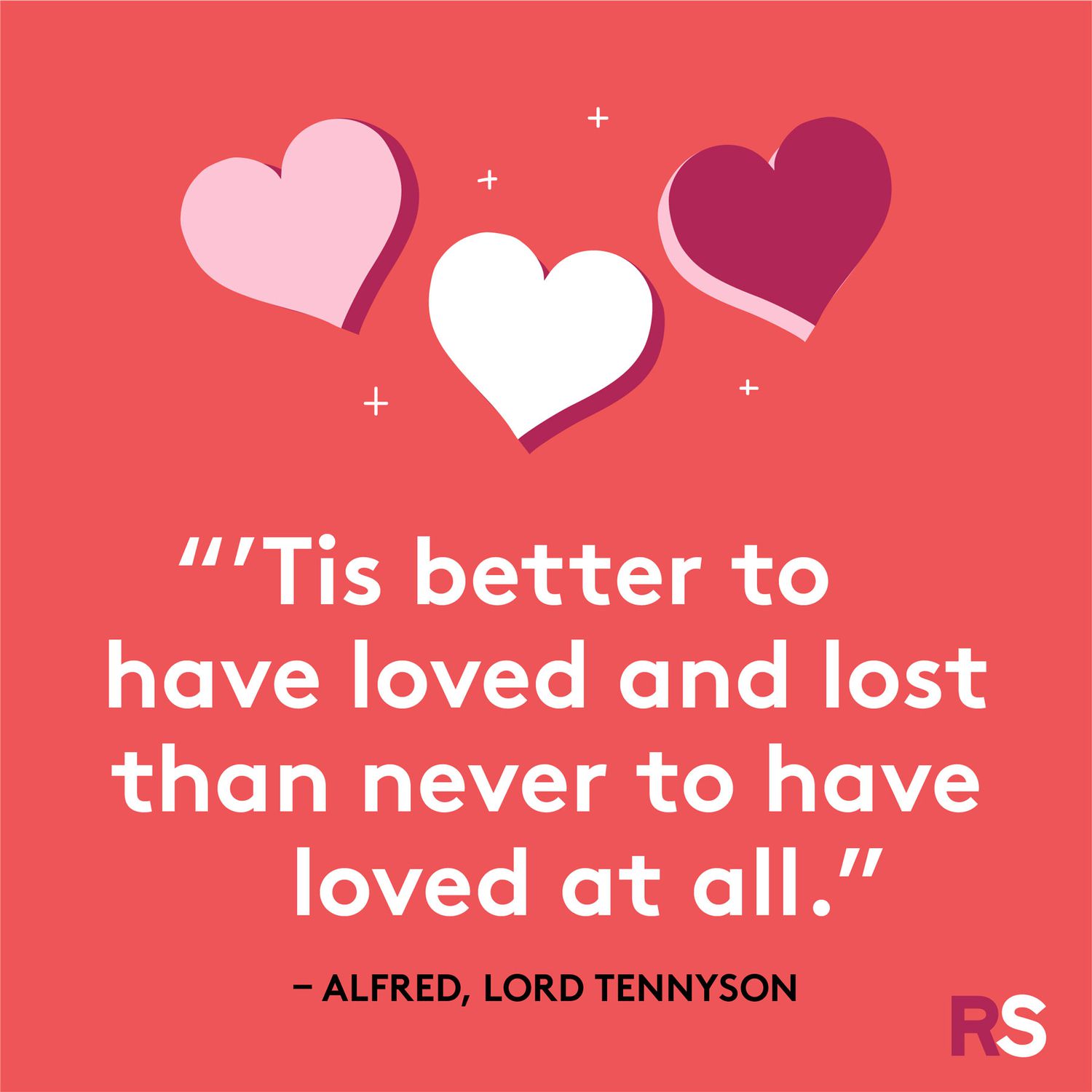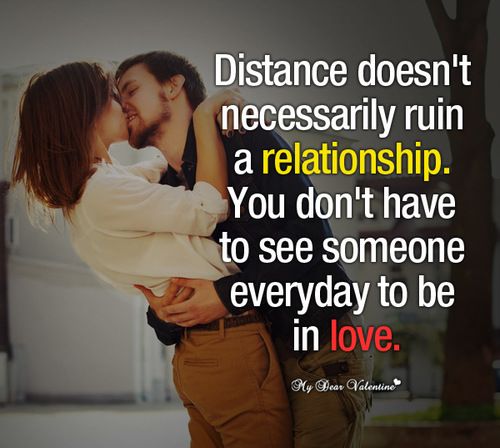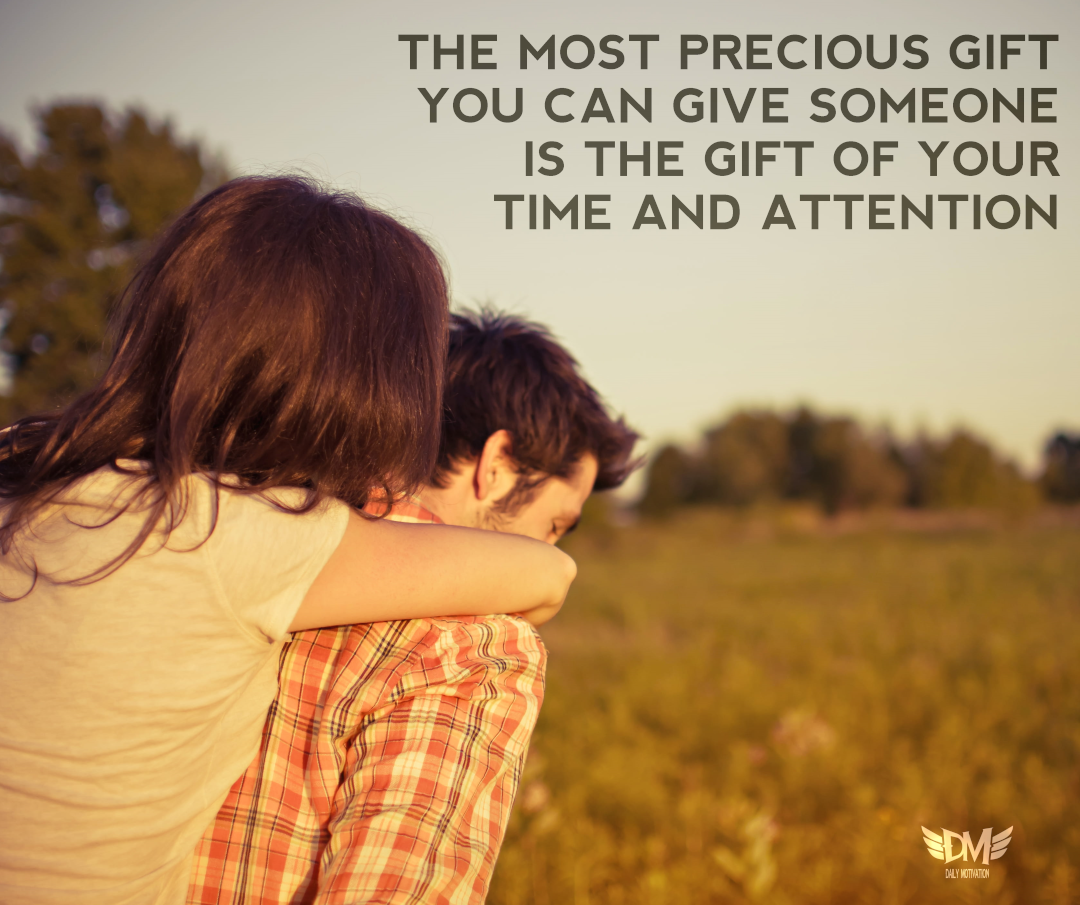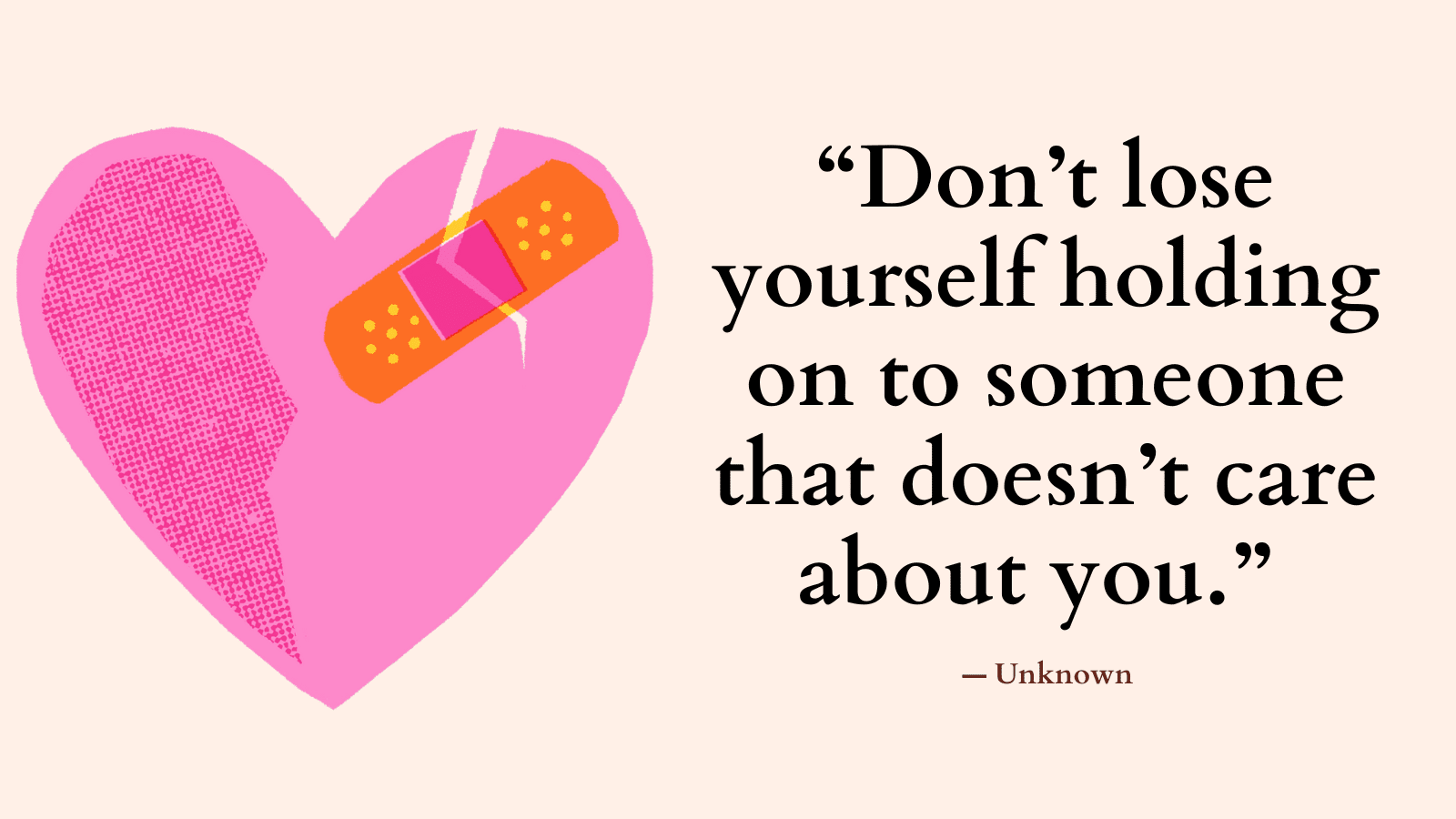Every relationship needs to be thoughtful and nurturing. Even the most toxic relationships should have moments of consideration and affection.
It’s easy to overlook how important the small things are when you’re in a relationship. The smallest acts of kindness, such as purchasing a special gift for your spouse or leaving a little note for them to discover in the morning, go a long way.
However, there are also probably certain things you are doing that will always end up ruining your relationship.
You’re probably not even aware that you’re doing them. Even if we are aware of it, many of us engage in self-sabotage on a regular basis.
What is Self-sabotaging in a relationship?
Self-sabotaging in a relationship occurs when a partner does things that make the partner’s life harder without meaning to. This could be as small as accidentally forgetting to text or cook dinner for their significant other. However, the underlying cause of this behavior is when the person has a desire to get out of the relationship and do better on their own.
1. Letting your past hurtful experiences to make you overreact
Overreacting due to past hurtful experiences may be one of the ways that you unconsciously self-sabotage your new relationship.
You will find yourself sabotaging your current relationship by overreacting to every little thing that goes wrong in the relationship. You might feel as if it is okay because you just want to make sure that this time around things are different. You might also find yourself acting like a victim and blaming your partner for not being able to fix everything.
The key is learning how to find what triggers those reactions and then learning how not to react when those triggers are present.
2. Saying you’re too busy when he asks you for a date.
We all know that it’s not a good idea to say no to someone who wants to get to know you better. Saying “I’m too busy” can be one of the ways in which we unconsciously sabotage our new relationship. Nobody will ever want to date you if you tell them you’re too busy.
The first step in avoiding this is by being honest with yourself about your time commitments and priorities. This is where taking control of your time comes into play, which we’ll discuss later on in this article.
First, you have to figure out what your priorities are and what your commitments are so that you can decide if the date would be worth it or not.
3. Acting like “boyfriend and girlfriend” before you are
One way people unconsciously self-sabotage their relationships is by acting like “boyfriend and girlfriend” before they are actually in a relationship. This behavior causes many issues for both parties.
Ever wonder why the person you are dating is doing things or behaving in ways that seem to make it harder for you to commit. They might be irritating, clingy, self-destructive, or unhealthy- and there’s no way to know for sure.
People are complicated and their behaviors can only be explained by a few variables: issues they’re dealing with in their past relationships, their personality type, his/her upbringing, where they’re at in life. Sometimes people just have really bad timing and lack the skills necessary to keep a healthy relationship afloat.
You can take your time to really get to know each other and have a deeper connection than when you’re just in an “in” phase of being on-again/off-again.
4. Constantly testing your partner’s love
In a new relationship, we often think that it is love at first sight. We think that the person we are with is the one who will complete us and make us happy. So if someone doesn’t seem to be interested in us, we feel rejected and then our self-esteem drops.
Quality people are not attracted to people like this. They would rather be with someone who has a healthy sense of self-worth and does not constantly need reassurance from others.
Self sabotage is when you test someone’s love or loyalty to you. You do something that could potentially lead the other person to end a relationship.
It can be anything from ignoring phone calls, text messages, or gifts. This can also include lying and purposefully misunderstanding the other person’s intentions to make them think they have been wronged and want out of the relationship.
5. Acting Indifferent as soon as you realize you really love someone
Sometimes, when you start to really like someone, it’s difficult to tell them that you have feelings for them. You might be afraid of rejection or of being hurt if they don’t feel the same way.
When you realize that your feelings are not reciprocated, it’s easy to act indifferent and not care about the other person anymore. It can be a way of unconsciously sabotaging your relationship.
Most of us have struggled with feeling indifferent when it comes to our partner. We might feel constant waves of anxiety and worry, and avoid being vulnerable with them in fear of being hurt.
Indifference often gets converted into anger, because many times, the person we’re with didn’t see us coming and we can’t help but get disappointed when they weren’t prepared for how much depth our relationship could have.
Relationships are the most important part of our lives and deserve all the love and attention we can give them. Be consistent with your love and behaviour, do not allow anything to get in the way of your true caring nature.
6. Not showing Interest when you really are interested
In the dating age, there are plenty of people who don’t talk about the things they’re interested in. It’s not that they’re disinterested in what they want to say, it’s that they don’t want to feel like they’re being pushy.
When you avoid talking about your interests with your partner, you subtly manipulate them into thinking you actually aren’t interested and make it easier for them to turn a pass at you.
I’ve never been more tired of being in a relationship that isn’t going anywhere! I hate when I feel like my partner doesn’t show any interest in me or my life, and if we ever manage to find some mutual interests, it’s not long before we start butting heads again.
What Herpes does to engagement is exactly what not showing interest does to relationships — it breaks them down, piece by piece.






